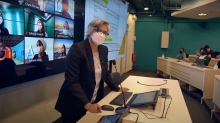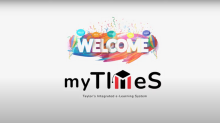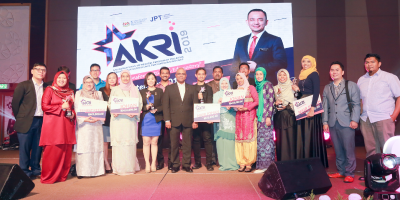Dr Sia Chin Chin & Team, Taylor's Law School , Taylor's Business School & School of Computer Science
Closing The Gap Through Multidisciplinary Experiential E-Learning Among Law, Computing and Business Students in Fake News Detection in Times of Covid-19
Puteri Sofia Amirnuddin, Taylor's Law School
Personalizing Virtual Learning for Law Students Through Interactive Video Branching in A Post Pandemic World
Dr Vinothini Vasodavan, School of Education
Teaching Online Made Easy: The 3es (Effective, Engaging & Efficient) With Collaborative Learning Tools Module
Dr Wong Yau Hsiung, School of Liberal Arts and Sciences
Transforming Educational Video into An Interactive, Immersive, Personalised and Gamified Experiences
Dr Lai Zee Wei & Team, School of Biosciences
Integrating Global Classroom in Bioprocess Technology: A Virtual Extended Reality Learning Experience Between Taylor's University Malaysia and MFL University Thailand
Zaim Azizi Abu Bakar &Team, School of Liberal Arts and Sciences
Value-Based Education in Mpu4 Social Innovation Project











